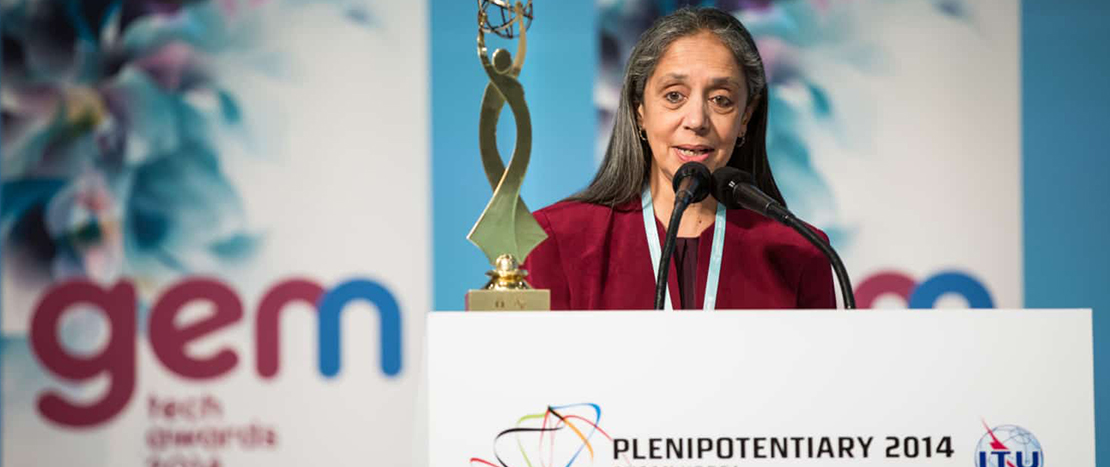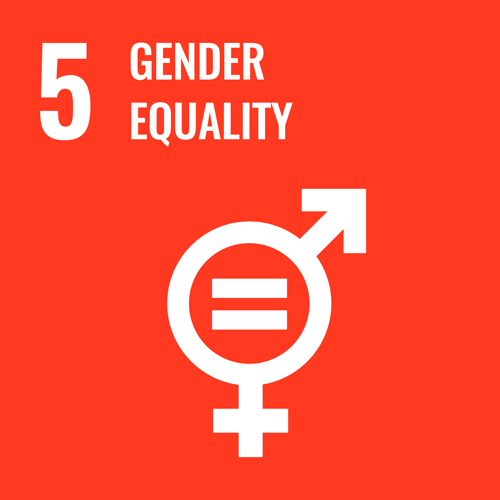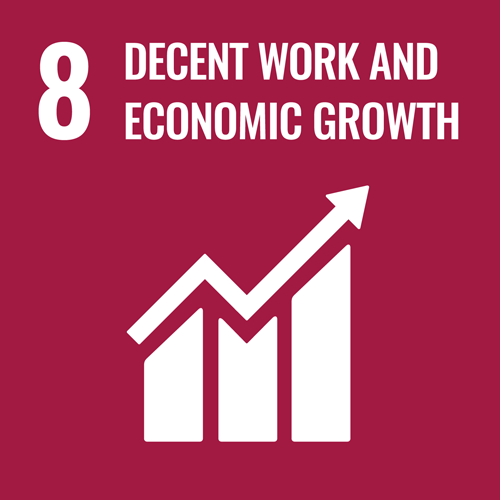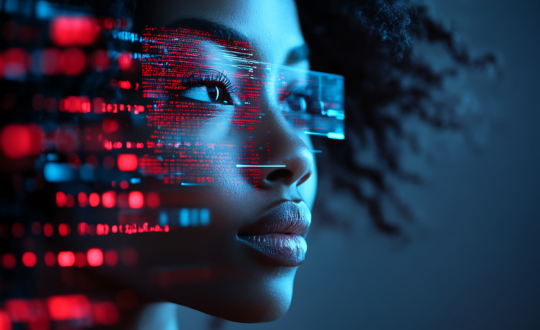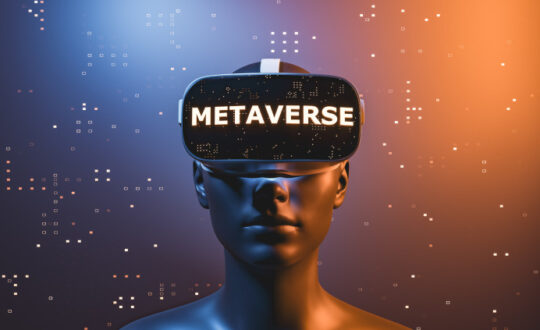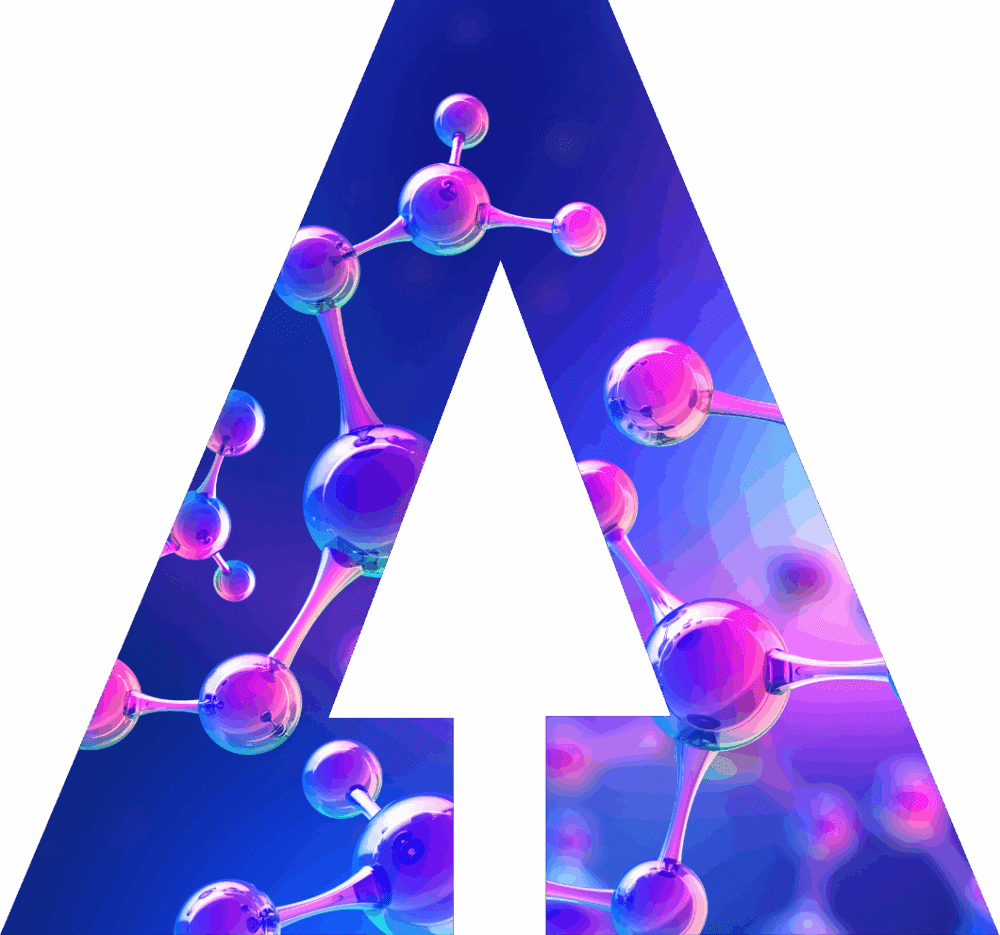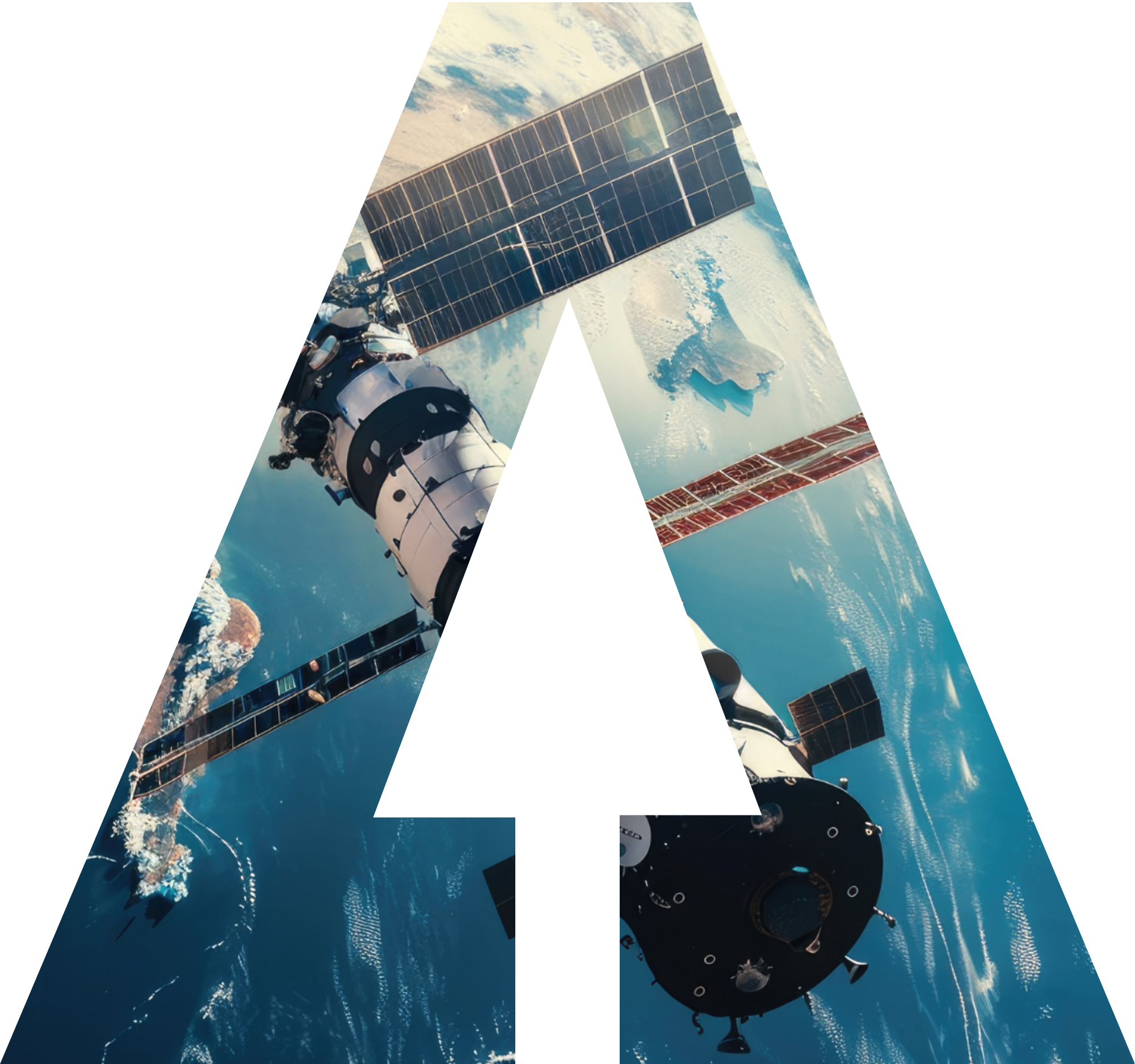Artificial intelligence is one of the hottest tickets in the ICT space right now – and the rapid proliferation of machine-learning platforms is bringing with it a raft of new types of jobs aimed at feeding data-devouring AI systems.
One such role is data labelling, a lesser-known but vital part of the AI supply chain that creates algorithms to help AI systems interpret a whole range of different inputs – from video footage, to web search results, to photos and much more.
Data labelling is hugely time-intensive. Annotating just one hour of video content – for example, driving footage designed to help self-guided vehicles ‘understand’ road etiquette and avoid accidents – takes eight hours or more. Yet to learn effectively and reliably, new AI platforms need to consume literally millions of correctly labelled inputs.
Industry analyst Cognilytica puts the market for third-party data labelling services at US$150m in 2018, growing to more than US$1 billion by 2023. The result is new opportunities for developing countries, with data labelling hubs now springing up in India, Kenya, the Philippines, and beyond.
AI and the gender digital divide
Can the AI market’s voracious appetite for quality labelled data benefit women and promote gender digital equality? I think it can.
RELATED: Empowering women in technology for a truly equal society: Doreen Bogdan-Martin
A few days ago, I was interested to read of Indian-based tech company iMerit’s success in capturing a sizeable portion of the global data labelling market, because these kinds of new tech jobs represent real hope for the populations of developing countries.
And I was delighted, too, because iMerit was one of the very first recipients of ITU’s GEM-Tech (now EQUALS in Tech) Awards for gender digital equality, winning the 2014 prize for ICT Applications, Content, Production Capacities and Skills for Women’s Economic Empowerment and Poverty Reduction.
At the time, iMerit had 500 young employees, and was specializing in providing web-based solutions to global clients. Around 70 per cent of the iMerit team were women from minority and socio-economically marginalized communities in rural areas. The company’s model was built on training these women to deliver high quality services to meet the exacting needs of an international client base.
A working model for female participation
Chatting at the awards ceremony back in 2014, CEO Rada Basu told me that iMerit’s ‘human capital model’ is based on a three-step process: rural women embark on an intensive 12-week market-aligned course, preparing them for employment in the digital services sector; students with strong digital skills are recruited to work in iMerit client services teams; and employees receive ongoing professional training to help them assume leadership positions.

Today, Basu’s company has grown to 2,200 staff, but has maintained its strong commitment to gender digital equality, with a workforce that’s 50 per cent female, and still mostly drawn from low-income families.
The company’s all-female training facility near Kolkata now employs 460 low-income rural women, and has become a specialist centre for computer vision labelling, providing jobs for mostly Muslim women who otherwise would not have had their families’ support to enter the workforce.
iMerit’s outstanding success story encapsulates everything that the EQUALS Global Partnership is committed to.
Job requirements in the data-labelling sector are becoming increasingly skilled, so at leading global suppliers like iMerit, workers’ time is not spent endlessly labelling basic objects.
Instead, iMerit staff are employed on a wide range of advanced analytics. They might label in-car footage of drivers, annotating their facial expressions and eye behaviour, which can be an indicator of driver fatigue. They might work on voice clips for personal digital assistants, to help train systems to better understand user commands. Or they might analyze and tag satellite imagery of properties to train insurance risk assessment algorithms.
RELATED: For young women in tech, the power of reaching for the stars
As it has become more advanced, data labelling has also become better paid. To ensure the highest quality, companies like iMerit do not rely on ‘gig workers’, but on their own trained, experienced and trusted teams – many of whom are women. Through such new kinds ICT jobs, young rural female workers have the chance to bring about real change in the economic empowerment of their communities.
Commitment to long-term success
Rada Basu’s words as she collected her GEM-Tech Award in Busan, Korea almost five years ago still resonate powerfully for all of us committed to leveraging ICT for gender equality.
“Our dream is for iMerit and others like us to become mini Facebooks or Alibabas, with our women as equal shareholders so that they can participate in the global Internet economy,” she said.
iMerit’s outstanding success story encapsulates everything that the EQUALS Global Partnership is committed to. We are immensely proud to have been a part of iMerit’s story, and we look forward immensely to recognizing and rewarding a new crop of digital gender champions at the 2019 EQUALS in Tech Awards, which will be held on 27 November in Berlin as part of the Internet Governance Forum.


